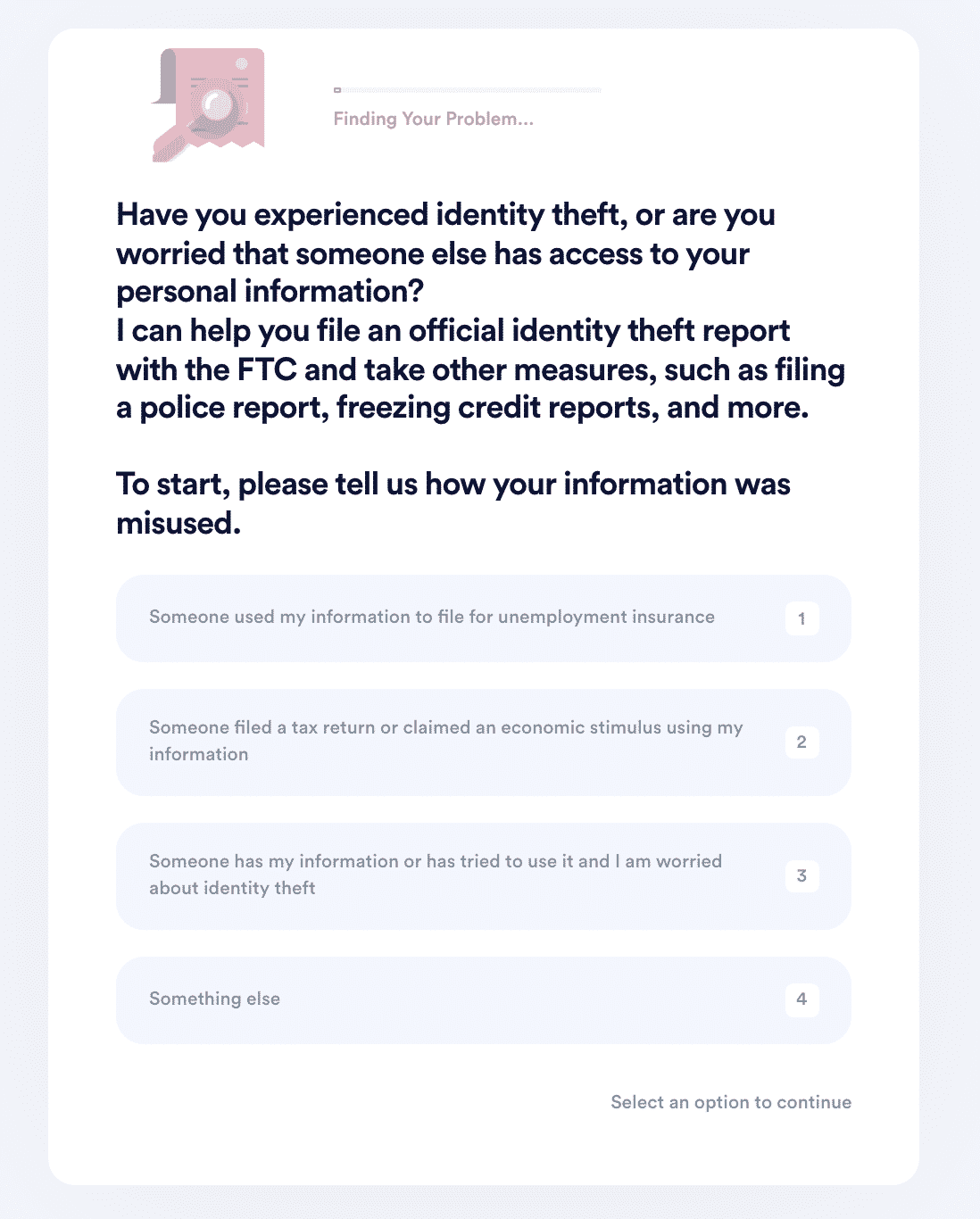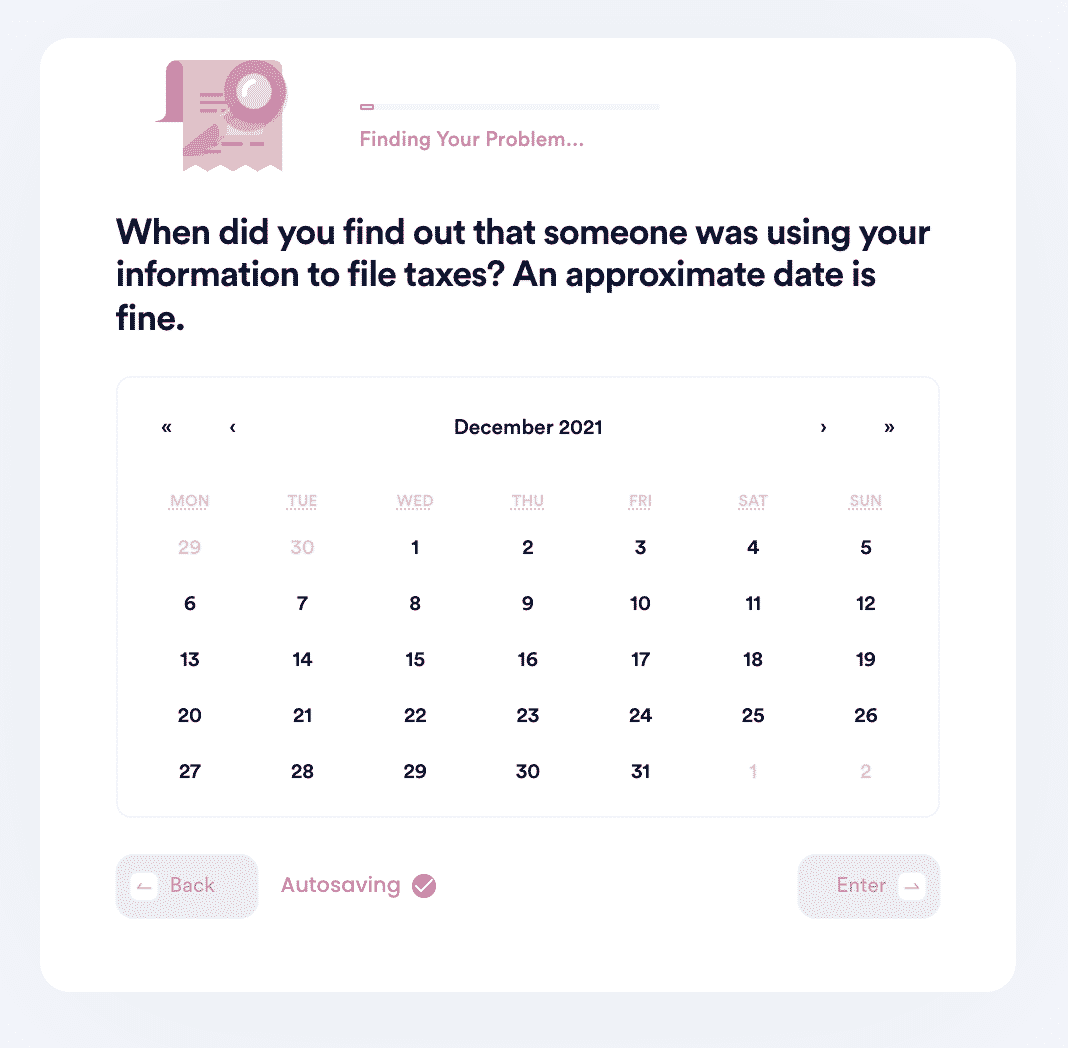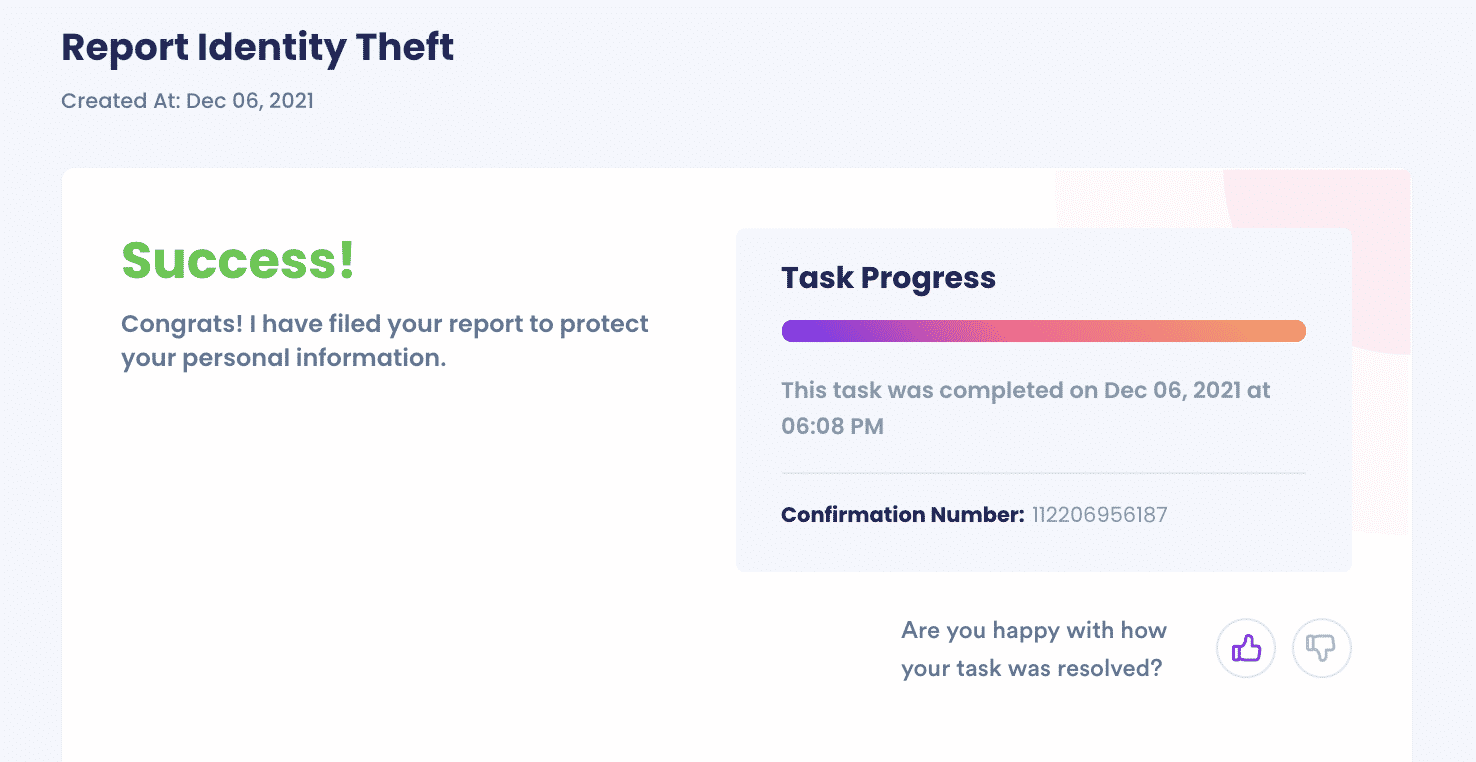What You Should Know About AAA Identity Theft
Identity theft occurs when someone uses another person's personal information to make important decisions or purchases, like opening a new credit card, stealing a stimulus check, or filing for unemployment. Those who commit identity theft may also steal personal information from websites like Equifax, Experian, and even the IRS and Social Security.
With identity theft and fraud becoming so commonplace, how can you protect yourself from identity theft through your AAA account? Read on to discover how DoNotPay can help you respond to and establish monitoring and protection.
What Is AAA Identity Theft?
When your personal information is stolen and used without your permission, you've become a victim of identity theft. , specifically, refers to identity theft that occurs through the AAA, whether it's online or in person. AAA stands for the American Automobile Association, and members of this group have access to a variety of automobile-related services, including:
- Emergency roadside services
- AAA-specific automotive repair centers
- Financial services, including insurance
Because you need to give your personal information to become a member of the AAA, it's a possibility that identity theft can be committed through this service.
Signs That You May Be a Victim of AAA Identity Theft
If you're concerned that someone has stolen your identity, here are some things to look out for:
- Incorrect, missing, or unfamiliar bills (including medical)
- Unfamiliar activity on a bank statement or credit card statement
- A warrant out for your arrest
- Receiving calls from debt collectors in regard to unfamiliar accounts and/or charges
Identity theft that occurs through the AAA has some more specific warning signs:
- Receiving unfamiliar bills, specifically for services provided by AAA
- AAA insurance claims are being opened in your name
- Being charged for domestic/international travel, car rentals, etc. that you did not partake in
How to Prevent Identity Theft
Identity theft crimes have greatly increased in number over the past few years, and because of this, it's extremely important to take measures to protect your personal information and avoid becoming a victim of identity fraud. There are several simple ways to do this, including:
- Checking your bank statements and credit card statements regularly to catch any unfamiliar activity
- Creating a different password for each account you create and changing them regularly
- Being alert to any phishing scams, especially those that appear through clickable links
- Installing antivirus software on your devices to protect yourself digitally
- Protecting your Social Security number, only giving it out when absolutely necessary and safe
AAA Identity Theft Response Procedures
One of the major components of AAA is identity theft protection. While protection is extremely important to have, if someone has already stolen and used your personal information, it's too late for protection to be truly effective. AAA's response to identity theft is to advise individuals to do common things, like freeze their credit, contact creditors and credit bureaus, and change the usernames/passwords on accounts that protect sensitive information. If you've experienced identity theft and you believe that it occurred through AAA, you can contact their customer service team and report your suspicions.
How to Respond to AAA Identity Theft on Your Own
If you've had your identity stolen through AAA, there are several steps that you need to take in order to secure your information again. These steps can take up to six months to fully work and allow you to regain control of your personal information.
| Notify Your Financial Institutions/Close Accounts | You should notify every financial institution where you have legitimate accounts, so they can help you protect your accounts. You should also notify institutions where accounts were opened fraudulently. The banks can help you freeze or close accounts and do an investigation into the fraud. |
| Place a Fraud Alert On Your Credit Reports | Notify each major credit bureau. You can place a freeze on your credit reports to prevent anyone from pulling them, which can stop the perpetrator from opening new accounts in your name. |
| File a Report with the Federal Trade Commission (FTC) | The FTC can issue you a personalized recovery plan. A copy of your report, along with police reports, may be necessary for fraud investigations and for protecting your credit report and finances. |
| File a Police Report | You can file police reports with each police department or sheriff's department that has jurisdiction. Provide as much detail as possible so your report is as complete as possible. |
Why You Should Use DoNotPay to Respond to AAA Identity Theft
DoNotPay helps you streamline the above steps, removing stress from a situation that's already stressful enough. If you're interested in tackling your identity theft quickly and easily with DoNotPay, follow these instructions:
- Search "identity theft" on DoNotPay and select the type of incident you would like to report.

- Tell us more about the incident that occurred, including the location, date, time, financial loss, and any suspect information you may have.

- We'll identify whether you should file an FTC report, contact the IRS, freeze your credit report, contact state agencies, or file a police report. Once we guide you through the best options, we'll automatically submit the reports on your behalf!

And that's it! DoNotPay will make sure your issue gets sent to the right place. We'll upload confirmation documents to your task for you to view, and if the contacts need more information, they will reach out to you personally via email or mail.
What Else Can DoNotPay Do?
- Learn how to report identity theft
- Learn how much you can send demand letters to for identity theft
If you're interested in learning more about how DoNotPay can help with a wide variety of matters, today!


